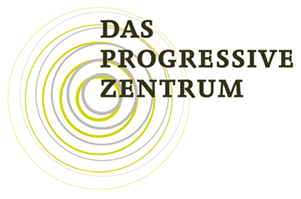
next social
Publication
Inequalities in the European Semester
October 07, 2020Author: Antonucci Lorenza , Corti Francesco
Since its inception, the European Semester has attracted interest in its effects on EU’s social outcomes. Nevertheless, the Semester is devoid of a framework to monitor socio-economic inequalities within member states.
In this study, Lorenza Antonucci and Francesco Corti propose a new framework to address the current Semester's limitations by: considering the rising socio-economic insecurity of the European lower-middle classes; connecting the social and economic aspects of the Semester; exploiting the redistributive effects of taxation.
As European Semester will play a key role in the implementation of such Recovery Plans, it becomes essential to push forward the revision process of this fundamental coordination tool and transform it into a useful instrument able to grasp the changes affecting vital aspects of our daily life: health, education and work.
Accordingly, they develop a set of 9 recommendations for a new Semester that truly tackles inequalities. The key recommendation is to start monitoring inequalities. Currently, there is a focus on absolute poverty and little information about the trends affecting the European middle class. The indices of the Semester must be upgraded; monitoring work precarity, households’ financial insecurities and access to key services like child and elderly care have to be part of the European toolkit for the coordination of the recovery.
This study was carried out by FEPS in partnership with SOLIDAR, Kalevi Sorsa Foundation, Fondazione Pietro Nenni and Društva Progresiva.
related publications
-
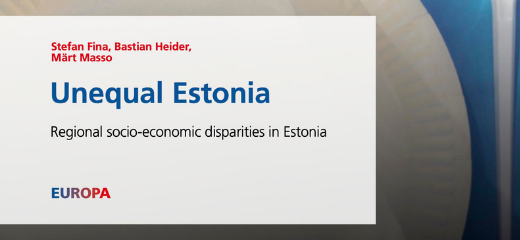
Unequal Estonia - Tackling Regional Disparities in Estonia
read more -
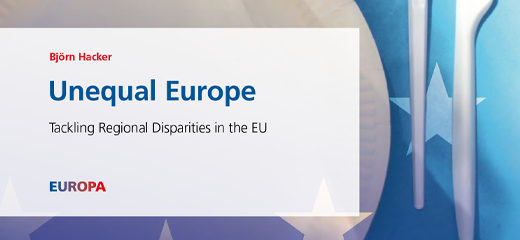
Unequal Europe - Tackling Regional Disparities
read more -
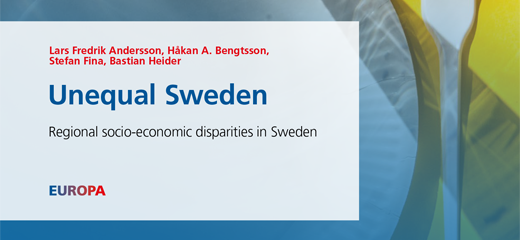
Unequal Sweden: Regional socio-economic disparities in Sweden
read more -

The New Industrial Strategy for Europe
read more -
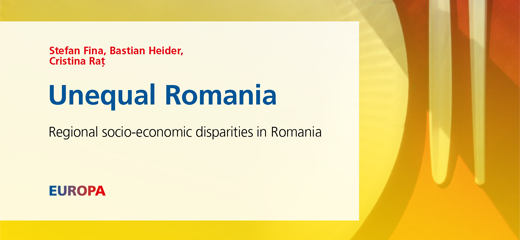
Unequal Romania: Regional socio-economic disparities in Romania
read more -

Unequal Finland : Regional socio-economic disparities in Finland
read more






























